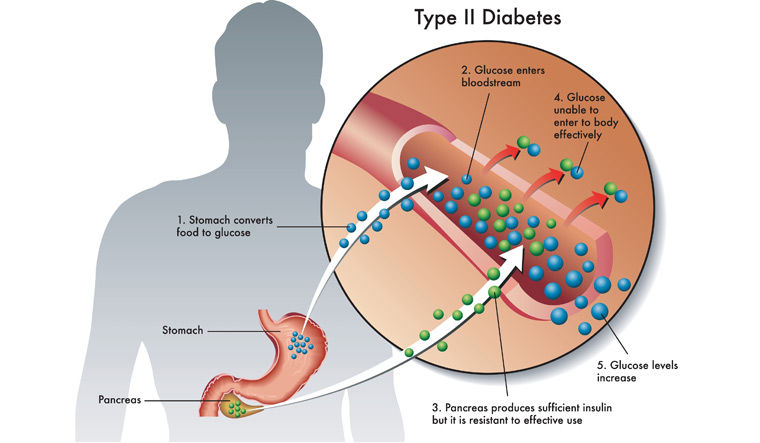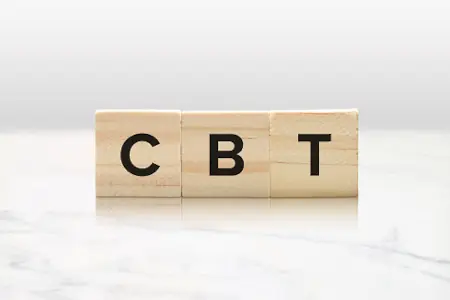Mindfulness, CBT & Sleep: Your Complete Guide to Better Blood Sugar Control
Discover how stress management, cognitive behavioral therapy, and quality sleep can revolutionize your diabetes management approach
🔑 Key Takeaways
| Method | Blood Sugar Impact | Time to See Results |
|---|---|---|
| Mindfulness & MBSR | Reduces HbA1c by 0.5-1.0% | 8-12 weeks |
| CBT Therapy | Improves glucose control by 20-25% | 12-16 weeks |
| Quality Sleep (7-9 hours) | Increases insulin sensitivity by 20-24% | 1-2 weeks |
| Combined Approach | Up to 35% improvement in overall control | 6-8 weeks |
Why Your Mind & Sleep Matter More Than You Think
Managing diabetes isn't just about carb counting and medication schedules anymore. Your stress levels, thought patterns, and sleep quality play massive roles in how your body handles glucose - and most people don't even realize it.
Here's the thing that surprised me when I first learned about this connection: chronic stress can raise your blood sugar just as much as eating a donut. And poor sleep? It can mess with your insulin sensitivity more than skipping exercise for a week.
This guide breaks down exactly how mindfulness practices, cognitive behavioral therapy (CBT), and sleep optimization can transform your diabetes management. We're talking about real, measurable improvements - not just feeling better.



